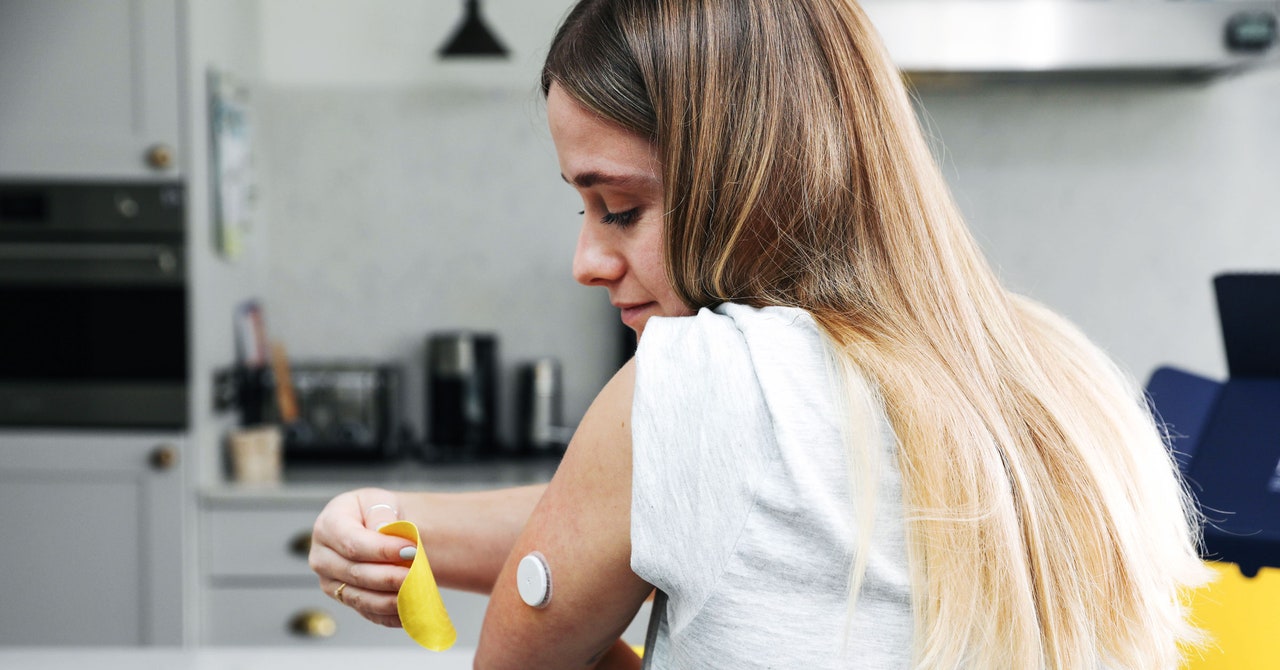
Chrissy Kinsella was looking for a more personalized approach to her health. “You know, what is good for you as an individual may not necessarily be good for the next person,” she says. So she reached for a subscription to Zoe—a personalized nutrition service cofounded by Tim Spector, a celebrity scientist and a genetic epidemiologist at King’s College London. Kinsella paid the £299 ($365) for a testing kit and later received a bright yellow package in the mail: a bundle of vials, patches, and muffins.
By testing, scoring, and monitoring how you respond to different foods, Zoe says, it can help with a whole host of problems. Its personalized recommendations can help you “reach a healthy weight,” “feel less bloated,” and “avoid chronic health issues,” claims its website. The program can even help with menopause, Zoe says.
But doctors are more ambivalent. Sure, getting people to think critically about what they eat can be beneficial, but scoring and monitoring someone’s diet could lead to unnecessary health concerns or even disordered eating. British doctors say they have seen perfectly healthy patients with concerns about their blood sugar control prompted by readings in their Zoe app.
A Zoe starter pack includes a fecal sampling kit, a finger-prick blood test, and a continuous glucose monitor (CGM). Participants are asked to take a blood sample before and after they eat a muffin precisely engineered by the startup to contain specific levels of fat, sugar, and proteins. Zoe then runs a blood-fat test to see how each person responds to fat in their diet (prolonged high levels of fat in the blood are a health risk). Combined with blood glucose data (from the CGM) and an analysis of the quality of their microbiome (via the fecal sample), these measurements are used to create personalized diet recommendations, where each item of food is scored on a scale up to 100.
A sugary food, for example, would have a low score for someone whose data shows their body doesn’t control blood sugar levels well; for someone with good sugar control, the same food would be scored a bit higher. Meals, too, are scored out of 100—based on the personalized scores of their ingredients, as well as how those ingredients interact.
Kinsella, who used the program for a year, says she values the insights it gave on what foods were more suited to her body—now she knows that she tolerates fat well, sugar not so much, and that dairy milk sits better with her than oat milk. Kinsella loved inspecting data about her body, but she admits she became obsessed with checking the app to see what her blood sugar was doing in response to what she ate, courtesy of the CGM.
Small, coin-shaped, and usually affixed to the upper arm, CGMs have been a regular appendage of people with diabetes for years now, allowing them to track dips and hikes in blood sugar without needing to prick their finger every time. There’s been a growing trend of companies selling the monitors to people without diabetes for them to track how their body responds to certain foods. Levels and Veri, two other personalized nutrition plans, also use CGMs.

